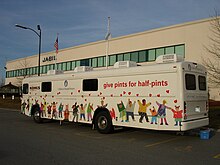 #PROBEGGER
#PROBEGGERQ1 What is this website:
A1 This website is here to raise enough money through donations and the power of the internet (Hi there rich people) to purchase a house in Masterton New Zealand where I live. My name is Darcy Lee and I am 40 years old. I'm mostly posting the videos that I have streamed to Youtube but there will be odd commentary.
Q2 How Much Money Do You Need:
A2 I need approximately 200k US dollars to purchase a house and get everything sorted.
Q3 How Long Have You Been Doing This:
A3 I bought the address DarcyLee.com about 10 years ago and have been posting there with posts going back to April 2007. I have never really been noticed. ProBegger.com is my latest attempt to earn money through the internet.
Q4 How Much Have You Made So Far:
A4 I have received around $130 US from streaming to Youtube, but this was made within the first two weeks of streaming and i've now long since spent it. It's now been around a year and a half since I made my first stream. I have been paid out once with Google adsense from DarcyLee.com and youtube earnings. I have made about $700 from playing video games but these sources have dried up
Q5 How Can I Donate:
A5 You can clicke the Buy Now Paypal button on this page and use your credit card or paypal account. My current paypal address is DarcyLee78@gmail.com which you can use if you go direct to Paypal.com
Alternatively if you want your name to appear on screen in one of my youtube streams then you can go here https://youtube.streamlabs.com/piratevoice Pronounced Poweradvice.



No comments:
Post a Comment